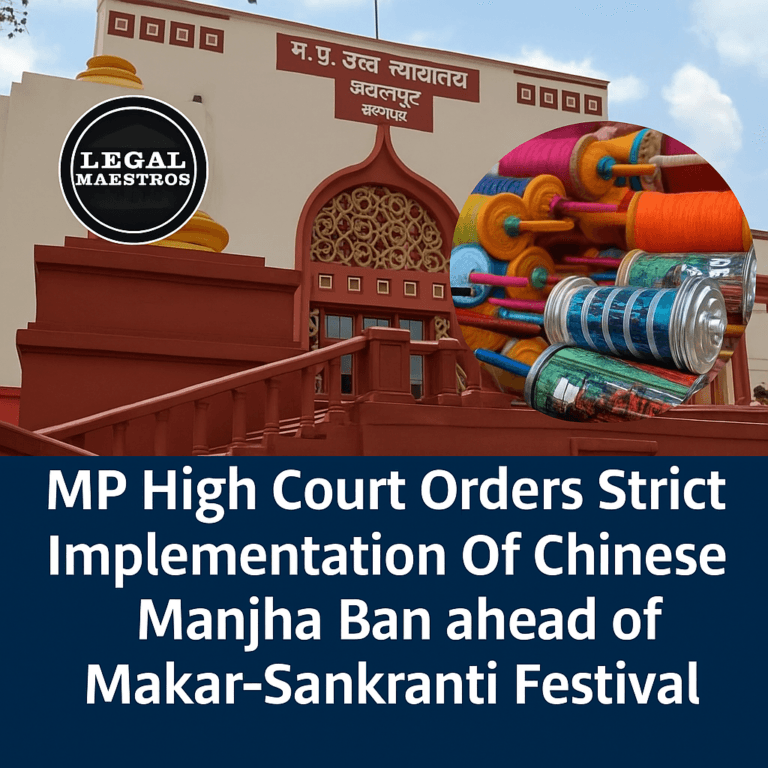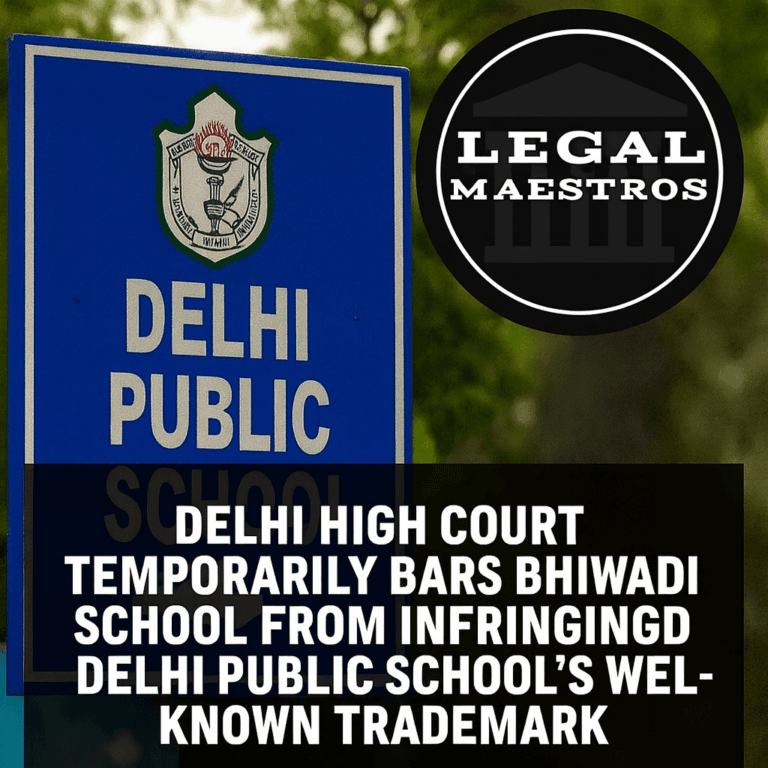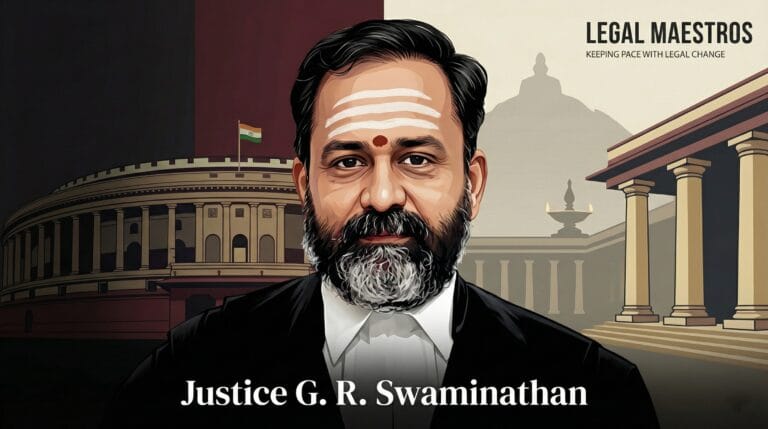
“Attendance Can’t Kill Your Degree”: Delhi HC Orders Law Colleges to Let Students Write Exams
Significant Reprieve by High Court to Law Students.
The Delhi high court has given a great relief to a big number of law students in a single order. The court has instructed law colleges based in Guru Gobind Singh Indraprastha University (GGSIPU) and Chaudhary Charan Singh University (CCS) to allow students with deficits in attendance to take their end-of-semester examinations. This temporary order was a huge relief to the students, who had their school year in danger.
The students had approached the High Court following the detention of the students by their respective colleges on grounds that they had failed to comply with the required mandatory attendance specification. This incarceration implied that they would not be allowed to write their tests, which was tantamount to them having to go through a whole academic year. The ruling of the court however, permits them to take the exams but provisionally.
One of the strongest oral observations by the bench at the hearing was a strong appeal that appealed to the students plight. The court observed that important as the attendance rules are, they cannot be administered in a mechanized manner that they end a degree. This decision was an indication that the court believed that the penalty of one year of lost time was too harsh to the crime of absence shortage.
For any queries or to publish an article or post or advertisement on our platform, do call at +91 6377460764 or email us at contact@legalmaestros.com.
Many students brought the case claiming that their shortages were usually peripheral. They quoted several reasons, such as medical problems, personal crisis, technical shutdowns in the online task-attendance systems. They argued that the colleges had been unfair, in that they had published the detention lists at the last minute, which meant they had no time to provide any redress.
Regulations, Rules and the position of the Bar Council.
The gist of the judicial controversy is the strict attendance regulations that are established by the Bar Council of India (BCI). Legal education in the country is under the control of the BCI that sets minimum attendance in most cases, usually 70 percent or 75 percent of the students to be eligible to take the exams. It is a condition of a professional degree such as law, where classroom education is realized to be important.
In their defense, the colleges claimed that they were only applying these BCI rules and the ordinance of the university. According to them, they did not have the free hand to drop the requirement of attending. They offered information on how the arrested students greatly lacked, and letting them take exams would contravene the BCI legal regulations of education.
However, the court would need to create a balance between these firm regulations and the right of the students to education and assessment. The petitioners claimed that the application of the rules by the colleges was not in balance. They argued that attendance is aimed at enabling learning yet the ultimate check of the learning is the test. They said that denying them the right to be tested was an ir-reparable injury.
It is a repeated problem of conflicting regulations, on the one hand, with the possibility of an irreparable damage to the career of a student, on the other hand. The role played by the judiciary in the interpretation of these rules is brought to the limelight by the intervention of the High Court. The court has a tendency to intervene so as to make sure that the bureaucratic regulations should not result in an outcome that is evidently unjust or non-humanitarian.
The Court Can Decree: Why Attendance Will Not Murder Your Degree.
The strong statement by the court which said that attendance could not kill your degree is a general statement of the judicial philosophy of the court in this interim order. The bench, under the leadership of the sitting judge, pointed out that teaching and assessment is the objective of an educational institution and not to merely detain. Although regulations are needed to create discipline, it cannot be used like a lasso to terminate the studies of a student at the end of the year.
The point of concern to the court was the balance of convenience and ir-reparable harm. The judge observed that in case the students did not take the exams, they would be losing one productive year, which cannot be replaced in any way. This damage would be short-term and irreparable. To the court, such a punishment was simply unfairly disproportionate to the crime committed which was poor attendance.
Conversely, the court considered that no one was going to suffer because the students were allowed to write the exams provisionally. In case the colleges end up winning the case, then the court can merely direct the university to simply withhold the results of that group of students. According to the court, this method shields the students without subjecting them to irreparable harm, but leaves the legal issue unresolved to be contacted at a later date.
This argument places the right of a student that is to undergo assessment above the mechanical nature of attendance policies. The court basically meant that, attendance is an element in the educational process, but not the stopping point. The test itself is the result of such process and students should not be deprived of a chance to demonstrate their knowledge and proficiency easily.
The Implication and Effect of Conditional Authorization.
What must be made out is that the order of the High Court is tentative. It is not an everlasting triumph of the students, but a temporary solution of a time-bound nature. The order enables them to proceed and sit in the examination hall and write their papers with their classmates. This would make sure that they do not miss the immediate opportunity presented in the exam timetable.
But the provisionality of their results implies that they will not be announced in the same way as those of the rest. The High Court usually orders the university to store the results of such students in a sealed cover. This sealed case will not be opened and the results pronounced unless the students succeed in the case after the final hearing. In case they fail, they will invalidate their exams and be cleared of results.
This is a conditional relief which is often used to level the equities in the case. It will bring about instant relief to the petitioner (the student) without necessarily harming the case of the respondent (the college). The students can therefore test the exam when the academic need is at its climax so that the legal arguments can be heard elaborately in the future.
This commandment is a powerful message to schools. It is an indication that they are not free to enforce rules in a strict, bureaucratic, and “cold-hearted” way, particularly when the whole year of a student is at stake.








